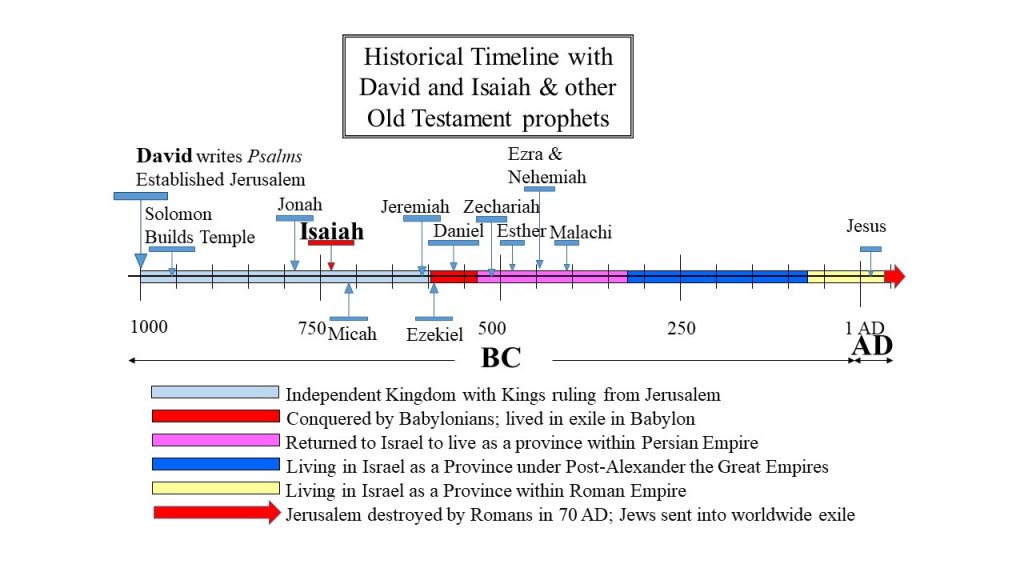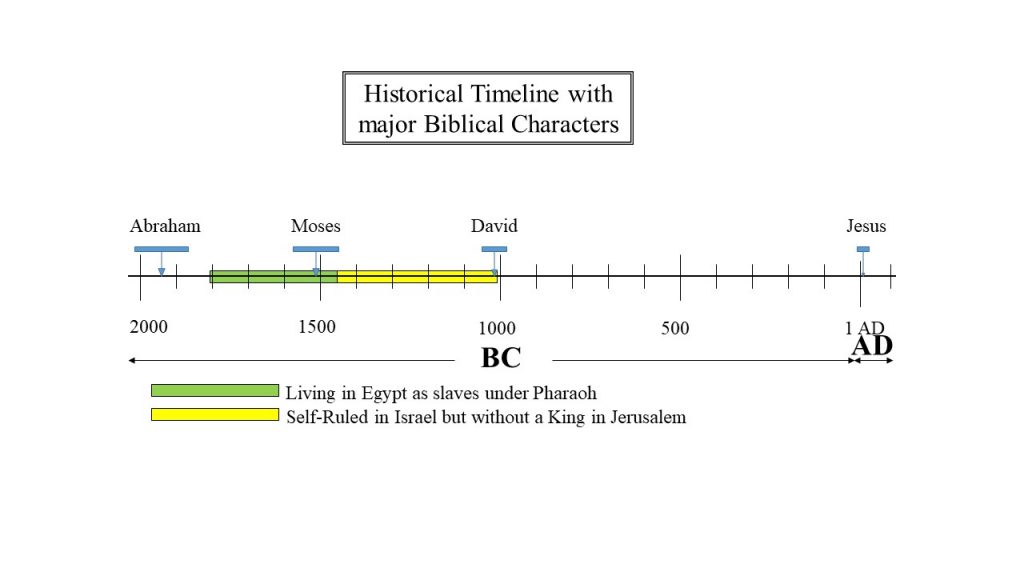In Sanskrit, guru (गुरु) is ‘Gu’ (darkness) and ‘Ru’ (light). A Guru teaches so that the darkness of ignorance is dispelled by light of true knowledge or wisdom. Jesus is known for such shrewd teaching enlightening people living in darkness such that he should be considered as a guru or acharya. The Rsi Isaiah had prophesied this about the Coming One. In 700 BC he had foretold in the Hebrew Vedas that:
… in the future he will honor Galilee of the nations, by the Way of the Sea, beyond the Jordan—
2 The people walking in darkness
Isaiah 9:1b-2
have seen a great light;
on those living in the land of deep darkness
a light has dawned.

What was this ‘light’ which was to come to the people in darkness in Galilee? Isaiah continued:
For to us a child is born,
Isaiah 9:6
to us a son is given,
and the government will be on his shoulders.
And he will be called
Wonderful Counselor, Mighty God,
Everlasting Father, Prince of Peace.
Isaiah had already foretold the Coming One would be born from a virgin. Here he specified further he would be called ‘Mighty God’, and would be a counselor for peace. Teaching from the shores of Galilee this guru of peace would be felt far away in India through his influence on Mahatma Gandhi.
Gandhi & Jesus’ Sermon on the Mount

In England, 1900 years after Jesus’ birth, a young law student from India now known as Mahatma Gandhi (or Mohandas Karamchand Gandhi) was given a Bible. When he read Jesus’ teachings known as the Sermon on the Mount he recounts
“the Sermon on the Mount which went straight to my heart.”
M. K. Gandhi, An Autobiography OR The Story of My Experiments with Truth. 1927 p.63
Jesus’ teaching about ‘turning the other cheek’ gave insight to Gandhi on the ancient concept of ahimsa (non-injury and non-killing). This thinking is reflected in the well-known phrase ‘Ahimsa Paramo Dharma’ (non-violence is the highest moral virtue). Gandhi later refined this teaching into political force in Satydgraha or Satyagraha. This was his use of non-violent non-cooperation with the British rulers. Several decades of satyagraha resulted in the independence of India from Great Britain. Gandhi’s satyagraha allowed India to gain independence from Britain in a largely peaceful manner. Jesus’ teaching influenced all this.
Jesus’ Sermon on the Mount
So what is Jesus’ Sermon on the Mount that so impacted Gandhi? It is Jesus’ longest recorded message in the gospels. Here is the complete Sermon on the Mount while below we cover some highlights.
21 “You have heard that it was said to the people long ago, ‘You shall not murder, and anyone who murders will be subject to judgment.’ 22 But I tell you that anyone who is angry with a brother or sister will be subject to judgment. Again, anyone who says to a brother or sister, ‘Raca,’ is answerable to the court. And anyone who says, ‘You fool!’ will be in danger of the fire of hell.
23 “Therefore, if you are offering your gift at the altar and there remember that your brother or sister has something against you, 24 leave your gift there in front of the altar. First go and be reconciled to them; then come and offer your gift.
25 “Settle matters quickly with your adversary who is taking you to court. Do it while you are still together on the way, or your adversary may hand you over to the judge, and the judge may hand you over to the officer, and you may be thrown into prison. 26 Truly I tell you, you will not get out until you have paid the last penny.
Adultery
27 “You have heard that it was said, ‘You shall not commit adultery.’ 28 But I tell you that anyone who looks at a woman lustfully has already committed adultery with her in his heart. 29 If your right eye causes you to stumble, gouge it out and throw it away. It is better for you to lose one part of your body than for your whole body to be thrown into hell. 30 And if your right hand causes you to stumble, cut it off and throw it away. It is better for you to lose one part of your body than for your whole body to go into hell.
Divorce
31 “It has been said, ‘Anyone who divorces his wife must give her a certificate of divorce.’ 32 But I tell you that anyone who divorces his wife, except for sexual immorality, makes her the victim of adultery, and anyone who marries a divorced woman commits adultery.
Oaths
33 “Again, you have heard that it was said to the people long ago, ‘Do not break your oath, but fulfill to the Lord the vows you have made.’ 34 But I tell you, do not swear an oath at all: either by heaven, for it is God’s throne; 35 or by the earth, for it is his footstool; or by Jerusalem, for it is the city of the Great King. 36 And do not swear by your head, for you cannot make even one hair white or black. 37 All you need to say is simply ‘Yes’ or ‘No’; anything beyond this comes from the evil one.
Eye for Eye
38 “You have heard that it was said, ‘Eye for eye, and tooth for tooth.’ 39 But I tell you, do not resist an evil person. If anyone slaps you on the right cheek, turn to them the other cheek also. 40 And if anyone wants to sue you and take your shirt, hand over your coat as well. 41 If anyone forces you to go one mile, go with them two miles. 42 Give to the one who asks you, and do not turn away from the one who wants to borrow from you.
Love for Enemies
43 “You have heard that it was said, ‘Love your neighbor and hate your enemy.’ 44 But I tell you, love your enemies and pray for those who persecute you, 45 that you may be children of your Father in heaven. He causes his sun to rise on the evil and the good, and sends rain on the righteous and the unrighteous. 46 If you love those who love you, what reward will you get? Are not even the tax collectors doing that? 47 And if you greet only your own people, what are you doing more than others? Do not even pagans do that? 48 Be perfect, therefore, as your heavenly Father is perfect.
Matthew 5:21-48
Jesus taught using the form:
“You have heard that it was said … But I tell you … ”.
In this structure he quotes first from the Law of Moses, and then extends the scope of the command to motives, thoughts and words. Jesus taught by taking strict commands given through Moses and made them even much more difficult to do!
The Humble Authority in the Sermon on the Mount
What is remarkable is the way that he extended the commands of the Law. He did so based on his own authority. Without arguing and threatening he simply said, ‘But I tell you…’ and with that he increased the scope of the command. He did it humbly yet with authority. This was unique about his teaching. As the Gospel states when he had finished this Sermon.
When Jesus had finished saying these things, the crowds were amazed at his teaching, 29 because he taught as one who had authority, and not as their teachers of the law.
Matthew7:28-29
Jesus taught as a guru with great authority. Most prophets were messengers that passed on a message from God, but here it was different. Why could Jesus do this? As the ‘Christ’ or ‘Messiah’ he had great authority. Psalm 2 of Hebrew Vedas, where the Title of ‘Christ’ was first proclaimed described God speaking to the Christ like this:
8 Ask me,
Psalm 2:8
and I will make the nations your inheritance,
the ends of the earth your possession.
The Christ was given authority over ‘the nations’, even to the end of the earth. So as the Christ, Jesus had the authority to teach in the way he did, and for his teaching to go to everyone.
In fact, Moses had also written (1500 BC) of a coming prophet unique in his teaching. Speaking to Moses, God had promised
I will raise up for them a prophet like you from among their fellow Israelites, and I will put my words in his mouth. He will tell them everything I command him. 19 I myself will call to account anyone who does not listen to my words that the prophet speaks in my name.
Deuteronomy18:18-19

In teaching like he did, Jesus was exercising his authority as the Christ and fulfilling Moses’ prophecy of The Coming Prophet who would teach with God’s Words in his mouth. In teaching about Peace and non-violence he also fulfilled Isaiah’s prophecy shown above about dispelling darkness with light. He taught as if he had the right, to not only to be Gandhi’s guru, but to also be your guru and mine.
You & me and the Sermon on the Mount
If you read this Sermon on the Mount to see how you should follow it then you might be confused. How can anyone live these kinds of commands that so expose our hearts and our motives? What was Jesus’s intent with this Sermon? We can see from his concluding sentence.
Be perfect, therefore, as your heavenly Father is perfect.
Matthew 5:48
This is a command, not a suggestion. His requirement is that we be perfect!
Why?
Jesus reveals the answer in how he begins the Sermon on the Mount. He begins by referencing the end-goal of his teaching.
Blessed are the poor in spirit,
Matthew 5:3
for theirs is the kingdom of heaven.
The Sermon on the Mount is to give insight on the ‘Kingdom of Heaven’. The Kingdom of Heaven is an important theme in the Hebrew Vedas, as it is in the Sanskrit Vedas. We examine the nature of the Kingdom of Heaven, or Vaikuntha Loka, as we see how Jesus displays the nature of that Kingdom through his miracles of healing.